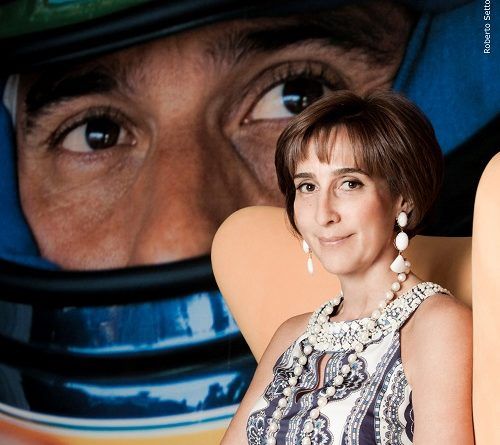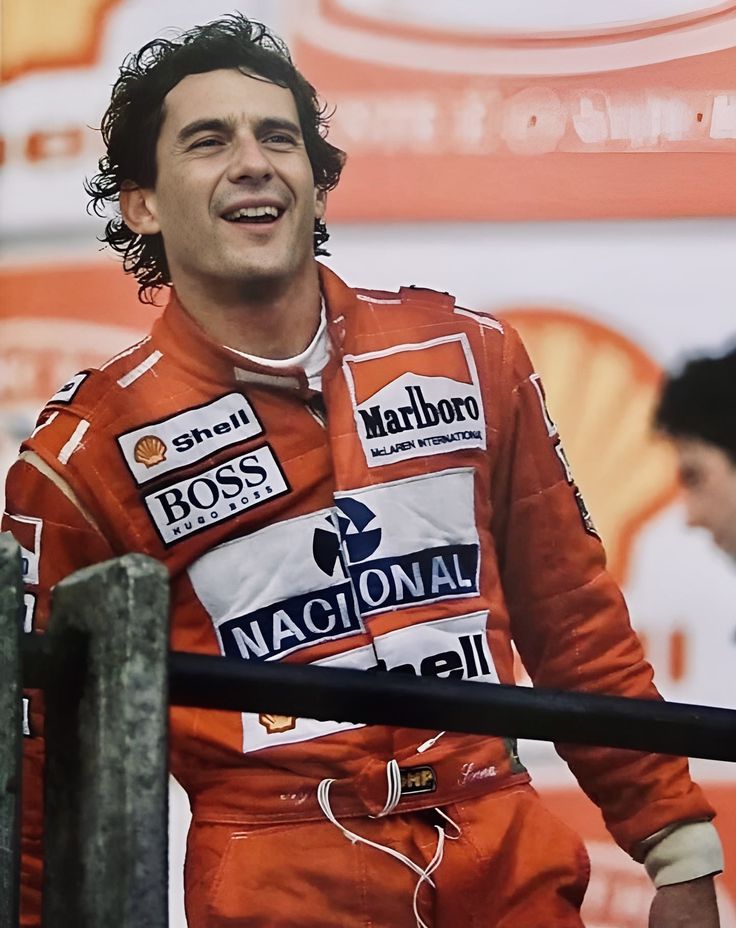
The man who united Brazil on the tracks
To this day, he remains a reference of determination, talent and style
Ayrton Senna da Silva, born on March 21, 1960, in São Paulo, Brazil, was more than a Formula 1 driver; he became a world motorsport legend. His meteoric career and legacy continue to inspire generations of fans and drivers to this day.
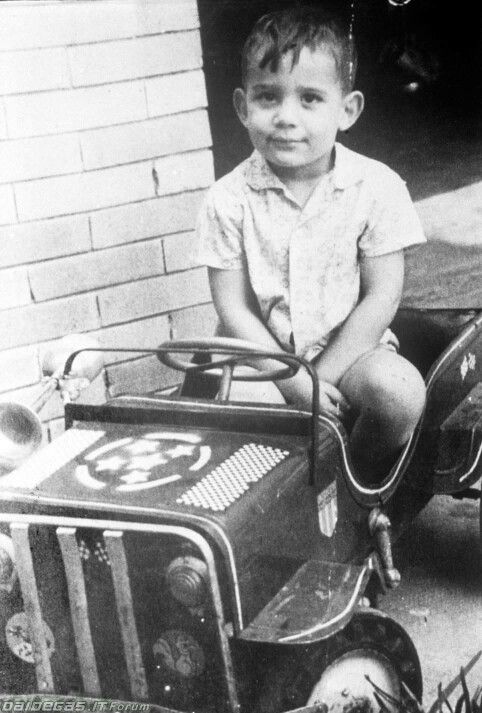
From an early age, Senna showed a passion for motorsport. At four years old, he received from his father a kart built with a lawnmower engine. At 13, he began competing officially, winning various karting titles, including São Paulo, Brazilian, and South American championships. In 1981, he moved to England to compete in the Formula Ford 1600, winning several races. The following year, he was crowned Formula Ford 2000 champion and, in 1983, secured the British Formula 3 title, setting a record of nine consecutive victories.
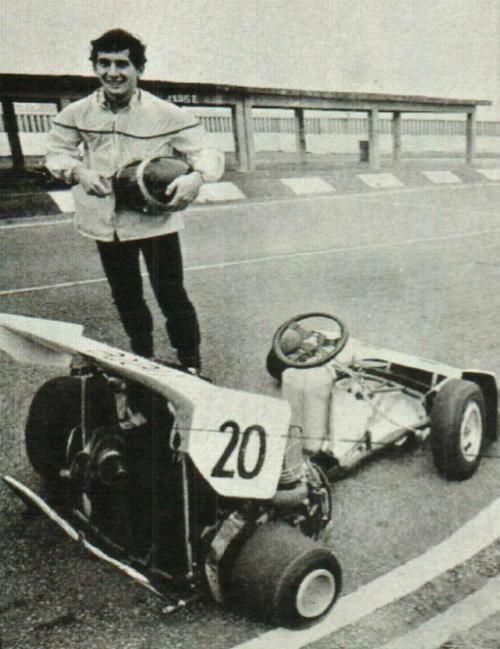
His rise in Formula 1 was rapid and impressive. He made his debut in 1984 with the Toleman-Hart team, standing out at the Monaco Grand Prix by finishing second in heavy rain. In 1985, he moved to the Lotus-Renault, where he achieved six victories over three seasons. In 1988, he joined McLaren-Honda, forming one of Formula 1’s most iconic pairings alongside the Frenchman Alain Prost. That year, Senna won eight of the 16 races, claiming his first World Championship. The rivalry with Prost intensified, culminating in memorable duels in the following seasons. Senna secured two more World Championships in 1990 and 1991, becoming a three-time world champion.
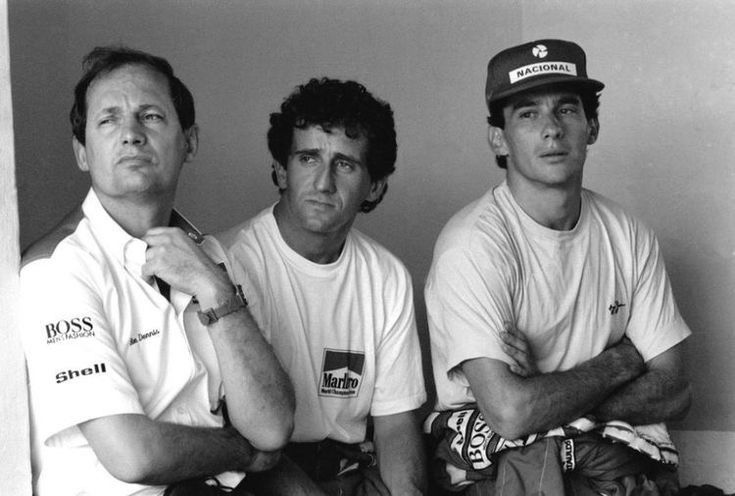
Aside from his achievements, Senna was known for his aggressive driving style and exceptional skill in adverse conditions, earning him the nickname “Rain King.” Off the track, he stood out for his charisma and distinctive personal style. He was a watch enthusiast and was often seen wearing Tag Heuer models. His wardrobe included oversized shirts and jackets, paired with classic white sneakers or loafers with white socks, reflecting a laid-back elegance.
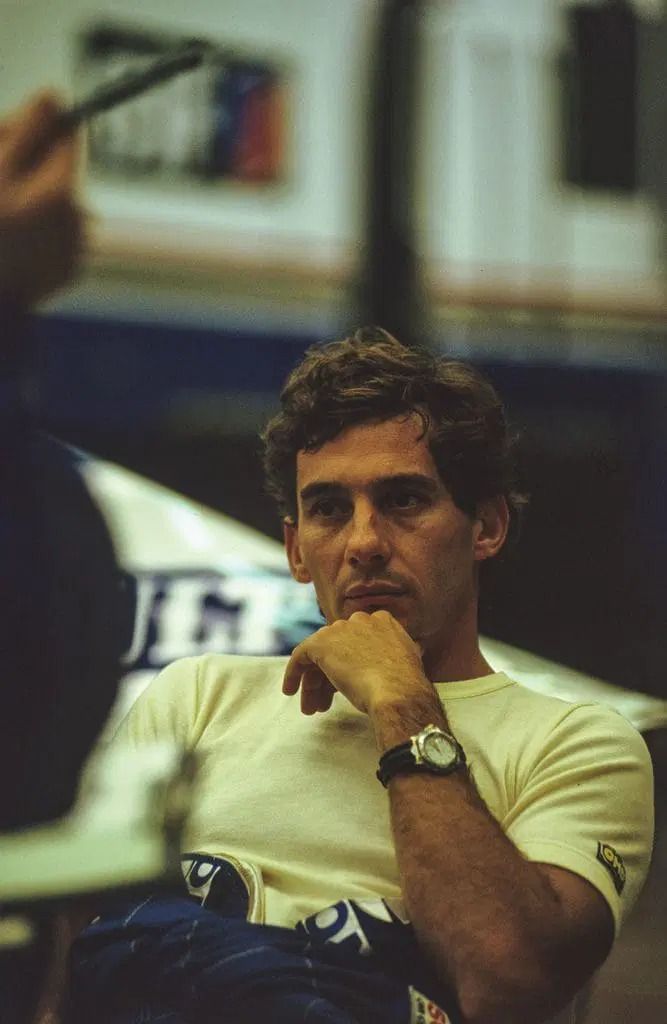
Sadly, his career was tragically cut short on May 1, 1994, during the San Marino Grand Prix in Imola, Italy. Senna suffered a fatal accident at the Tamburello corner, causing a global commotion. His funeral in Brazil brought together thousands of fans and personalities, highlighting the profound impact he had on sport and society.

After his death, his sister, Viviane Senna, founded the Ayrton Senna Institute, a non-governmental organization dedicated to providing human development opportunities to low-income children and young people in Brazil. Senna’s legacy remains alive not only through his on-track achievements but also through his social impact and continuous inspiration for new generations.
